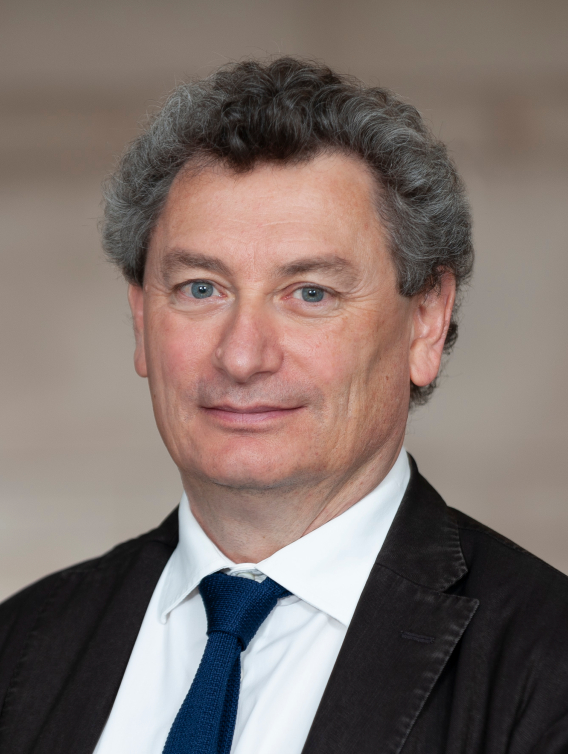Advances in the treatment of high burden follicular lymphoma: A comprehensive review Review
| Authors: | Luttwak, E.; Kumar, A.; Salles, G. |
| Review Title: | Advances in the treatment of high burden follicular lymphoma: A comprehensive review |
| Abstract: | Follicular lymphoma (FL) represents the second most frequent type of non-Hodgkin lymphoma and the most common indolent histology. The disease course of FL is heterogeneous, likely resulting from diverse molecular and immunological features that drive a broad spectrum of clinical presentations. While some patients with low-volume and asymptomatic disease are suitable for observation, patients with high tumor burden, advanced-stage, or symptomatic disease more often necessitate treatment initiation. The decision to begin therapy is personalized and typically initiated when GELF criteria are met. The introduction of novel agents has modified the treatment landscape for FL, allowing for more personalized strategies based on the specific characteristics of patients and diseases. In this review, we discuss the indications for treatment initiation and optimization, focusing on long-term follow-up of pivotal studies and emerging non-chemotherapy regimens. We further consider effective novel combination regimens and future directions for the evolution of frontline immunotherapy for the treatment of patients with FL. |
| Keywords: | lenalidomide; interferon; chemotherapy; treatment; follicular lymphoma; immunochemotherapy; 1st-line treatment; indolent; open-label; detude des lymphomes; untreated patients; chop plus rituximab; bispecific antibodies; high burden; foll05 trial |
| Journal Title: | Leukemia and Lymphoma |
| Volume: | 66 |
| Issue: | 5 |
| ISSN: | 1042-8194 |
| Publisher: | Taylor & Francis Group |
| Date Published: | 2025-01-01 |
| Start Page: | 818 |
| End Page: | 829 |
| Language: | English |
| ACCESSION: | WOS:001389767000001 |
| DOI: | 10.1080/10428194.2024.2447371 |
| PROVIDER: | wos |
| PUBMED: | 39756047 |
| Notes: | The MSK Cancer Center Support Grant (P30 CA008748) is acknowledge in the PDF -- Corresponding authors is MSK author: Efrat Luttwak -- Source: Wos |
Altmetric
Citation Impact
BMJ Impact Analytics
Related MSK Work





